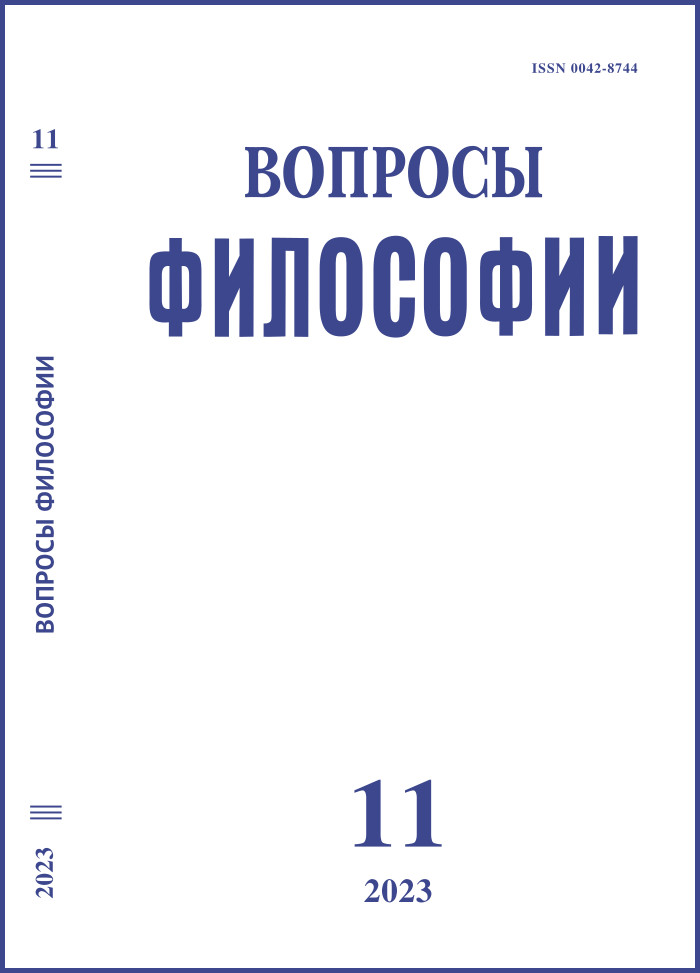The Problem of Epistemic Disagreement in Contemporary Philosophy of Religion Part II
DOI:
https://doi.org/10.21146/0042-8744-2023-11-195-203Keywords:
epistemology of disagreement, religious disagreement, conciliationism, philosophical theology, Richard Swinburne, Alvin Plantinga, William Alston.Abstract
In this article I focus on the problem of religious disagreement – whether one should loose one’s confidence in his or her religious beliefs in the face of significant disagreement on certain religious issues. The article consists of two large parts. In the first, I describe the main categories of the epistemology of disagreement in the focus of religious disagreement (first-order and higher-level significance of evidences in disagreement, fundamental and superficial disagreements, and describe the conciliatory approach to the problem within which the problem of religious disagreement is usually stated). In the second part I describe three contemporary projects of philosophical theology (Richard Swinburne’s, Alvin Plantinga’s, and William Alston’s) and analyse how they respond to the problem of religious disagreement. I show that in the case of religious disagreement one cannot successfully apply the conciliatory approach, which says that religious person should reduce his or her confidence in the truth of the religious beliefs he or she holds. I draw this conclusion relying on two intuitions: 1) we may distinguish between internal (within one belief system, hypothesis, theory) and external (collisions of belief systems, hypotheses, theories with other, competing belief systems, hypotheses and theories) epistemic disagreements; 2) epistemic disagreements is normal for some human intellectual activities, and rather their absence is abnormal and can sometimes lead to undesirable consequences.

